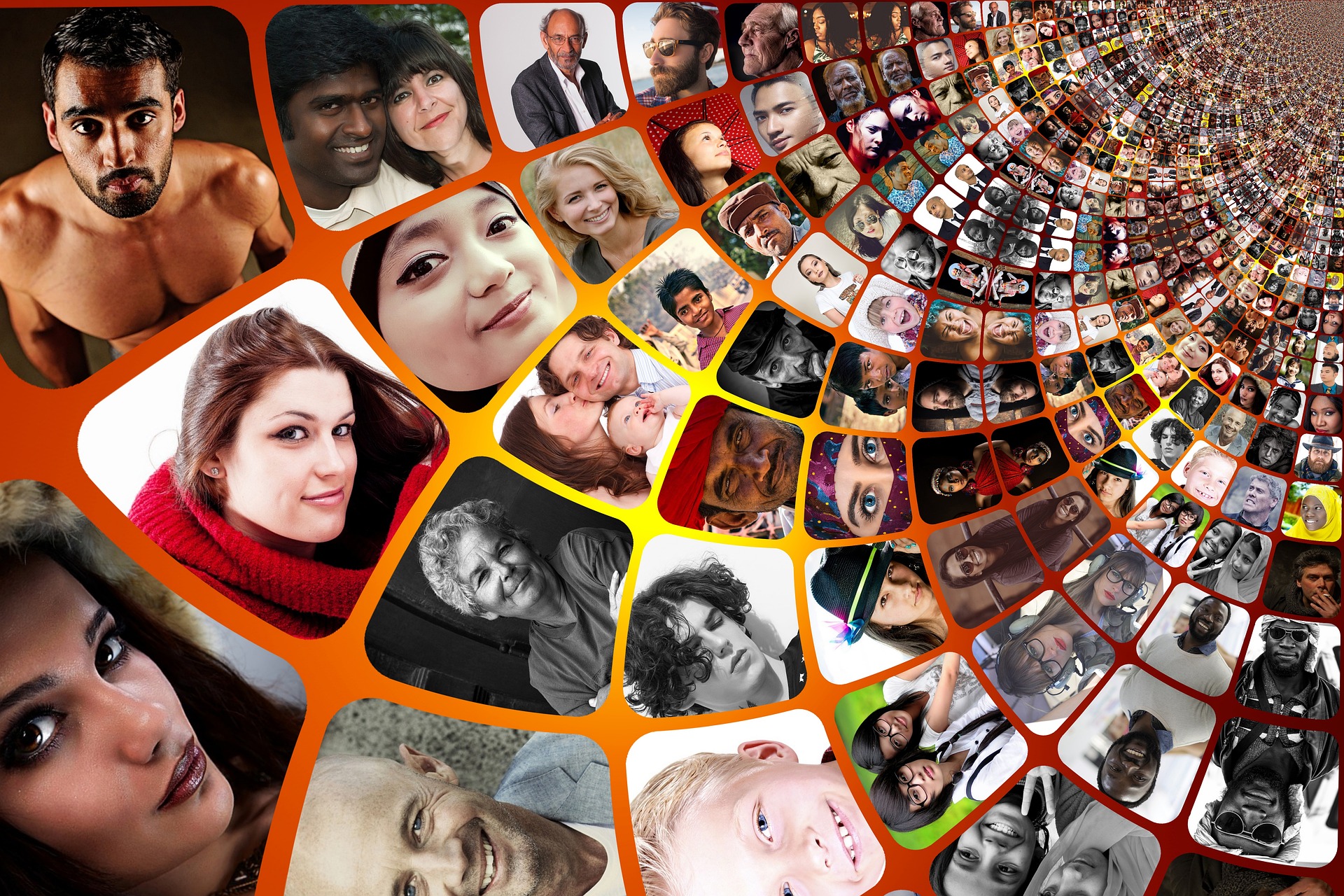The World Health Organization (WHO) has issued new guidance on the ethics and governance of large multi-modal models (LMMs) such as ChatGPT. This guidance aims to ensure their responsible use in safeguarding patient health across various domains, including electronic health records, diagnosis, clinical care, and the investigation of symptoms.
The new WHO guidance, Ethics and governance of artificial intelligence for health: guidance on large multi-modal models, contains more than 40 recommendations for governments, tech companies, and healthcare providers to achieve better health outcomes and overcome inequities through appropriate design, development, and use of LMMs.
LMMs, WHO notes, pose a risk of producing false, inaccurate, biased, or incomplete statements, potentially leading to harm. These models may also be trained on poor-quality or biased data, whether by race, ethnicity, ancestry, sex, gender identity, or age. The guidance also warns about cybersecurity risks that could pose threats to patient information, as well as the overall integrity of algorithms.
To ensure the development of safe and effective LMMs, the WHO guidance emphasies the need for collaboration among all stakeholders in healthcare. This includes governments, patients, and providers, who are urged to work together in regulating and overseeing AI technologies at every stage of their development and deployment. Key areas of focus include:
- LMMs are designed not only by scientists and engineers. Potential users and all direct and indirect stakeholders, including medical providers, scientific researchers, healthcare professionals and patients, should be engaged from the early stages of AI development in structured, inclusive, transparent design and given opportunities to raise ethical issues, voice concerns and provide input for the AI application under consideration.
- LMMs are designed to perform well-defined tasks with the necessary accuracy and reliability to improve the capacity of health systems and advance patient interests. Developers should also be able to predict and understand potential secondary outcomes.

Leave a Reply